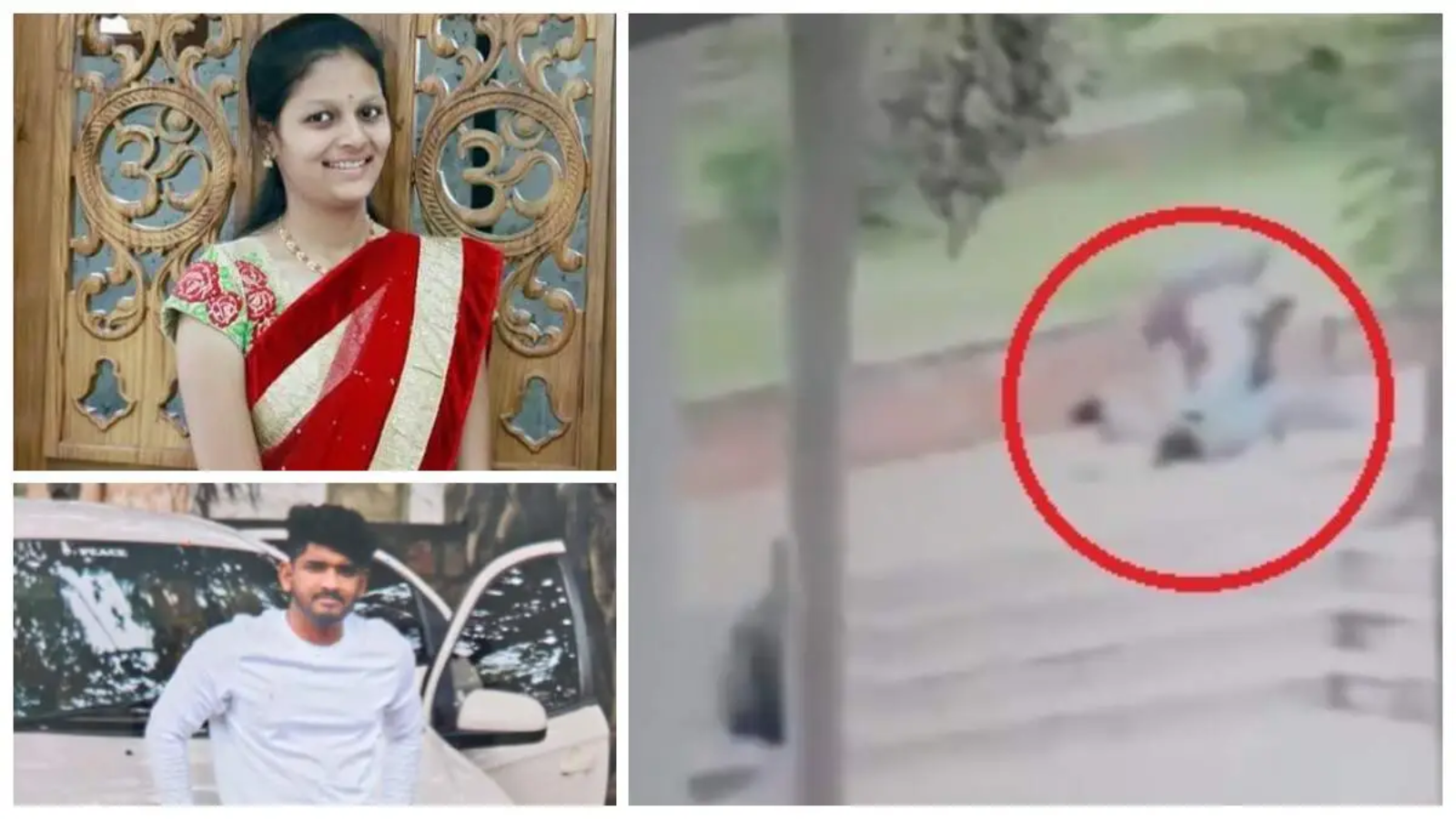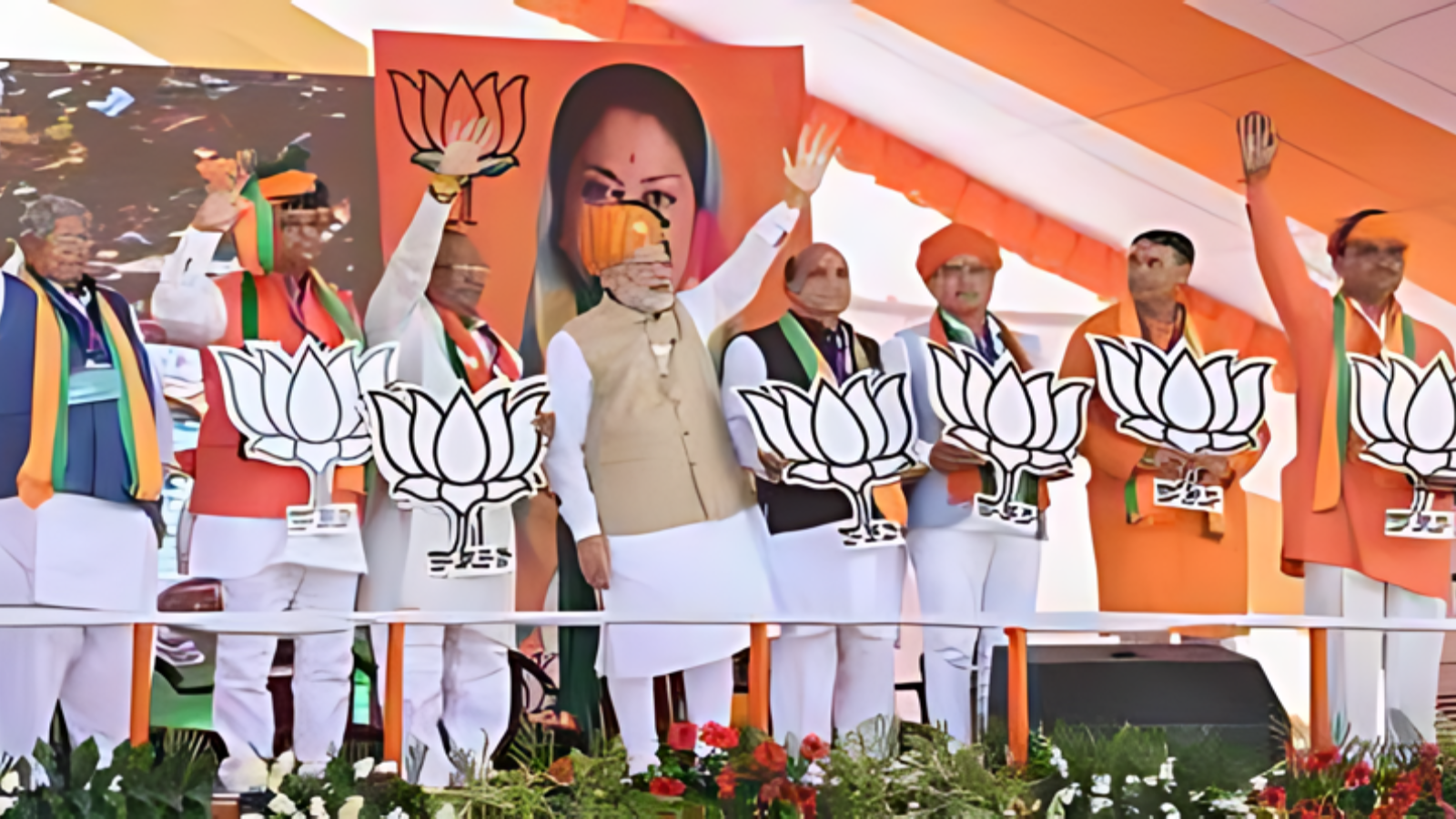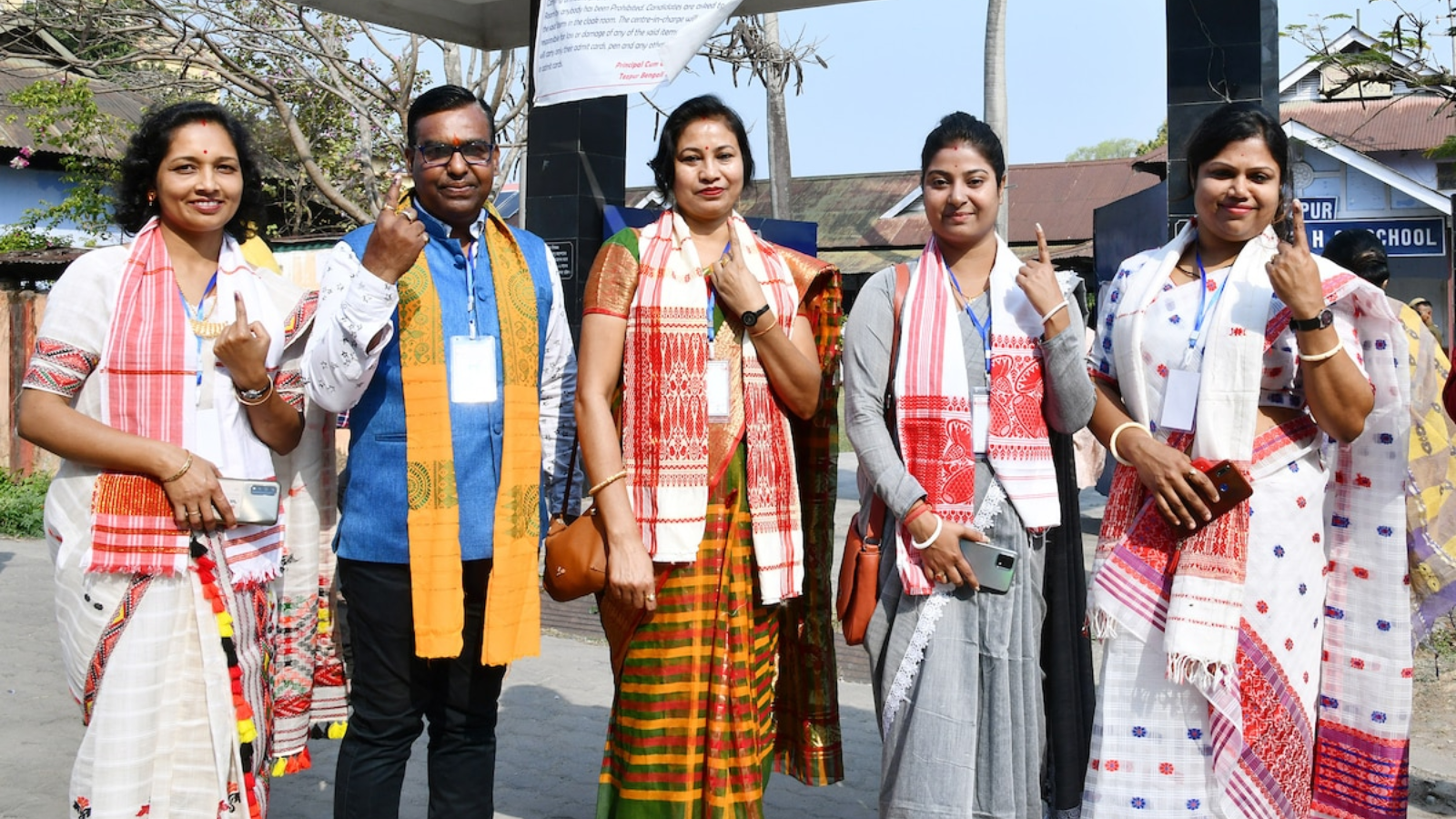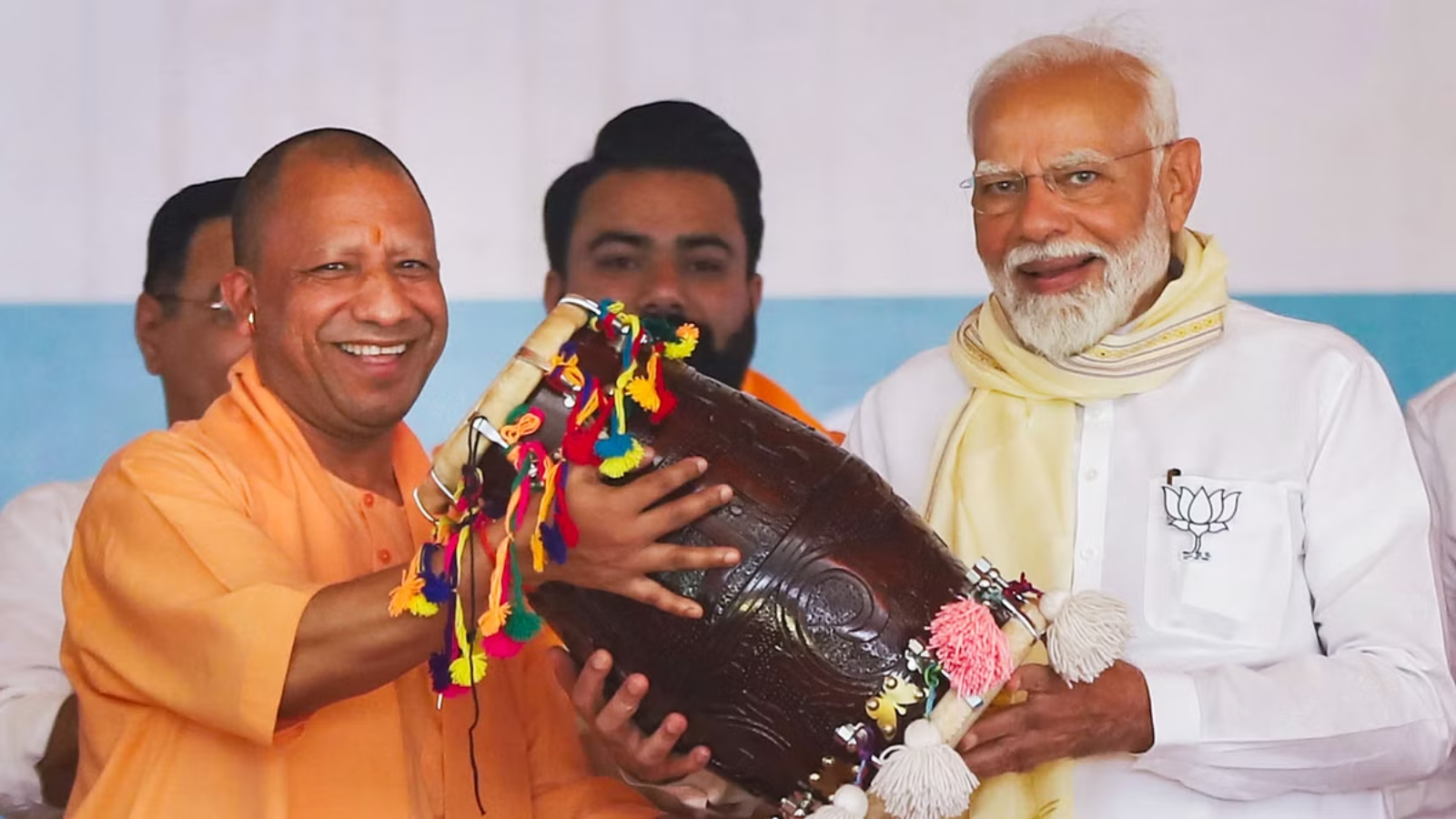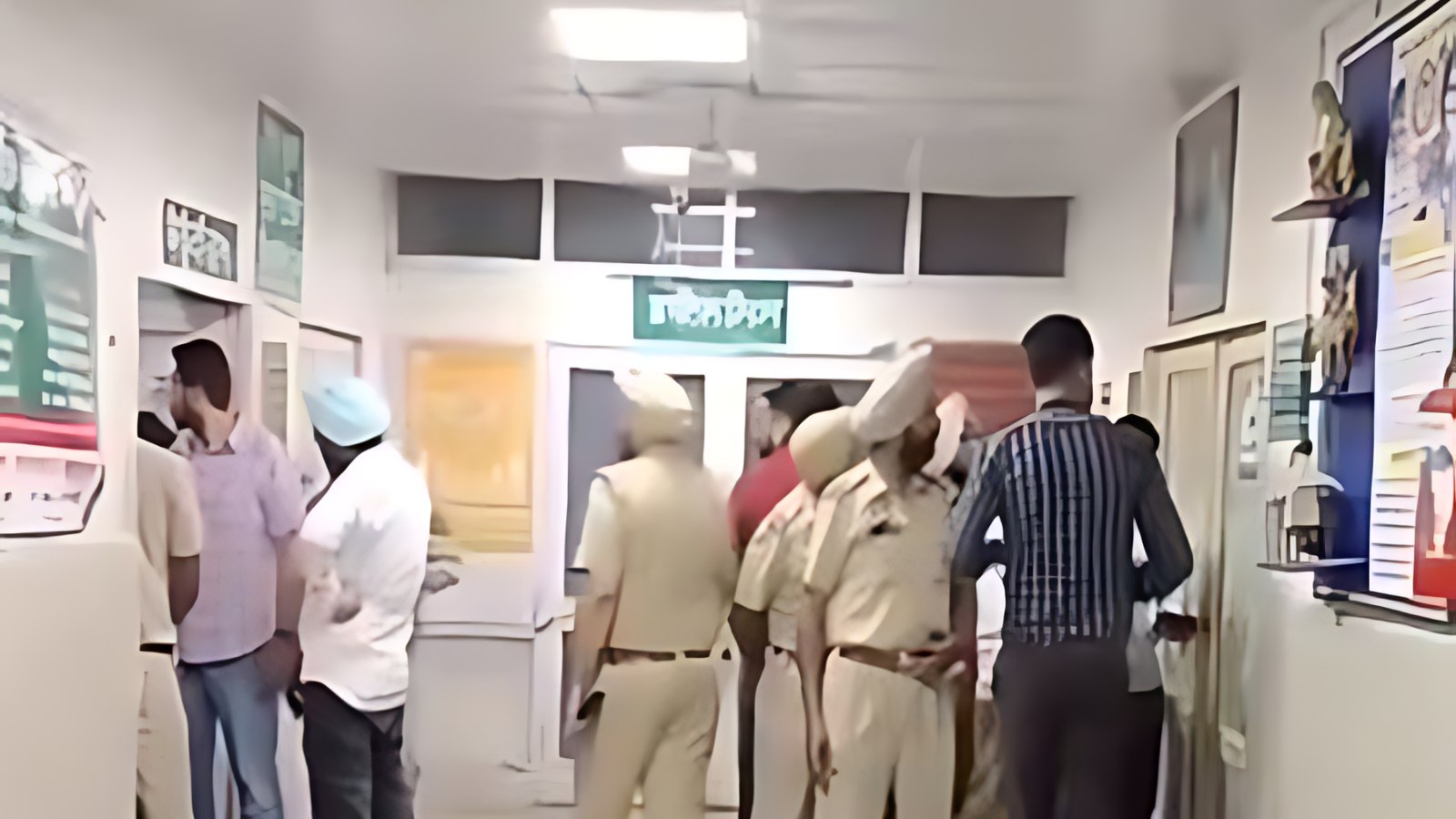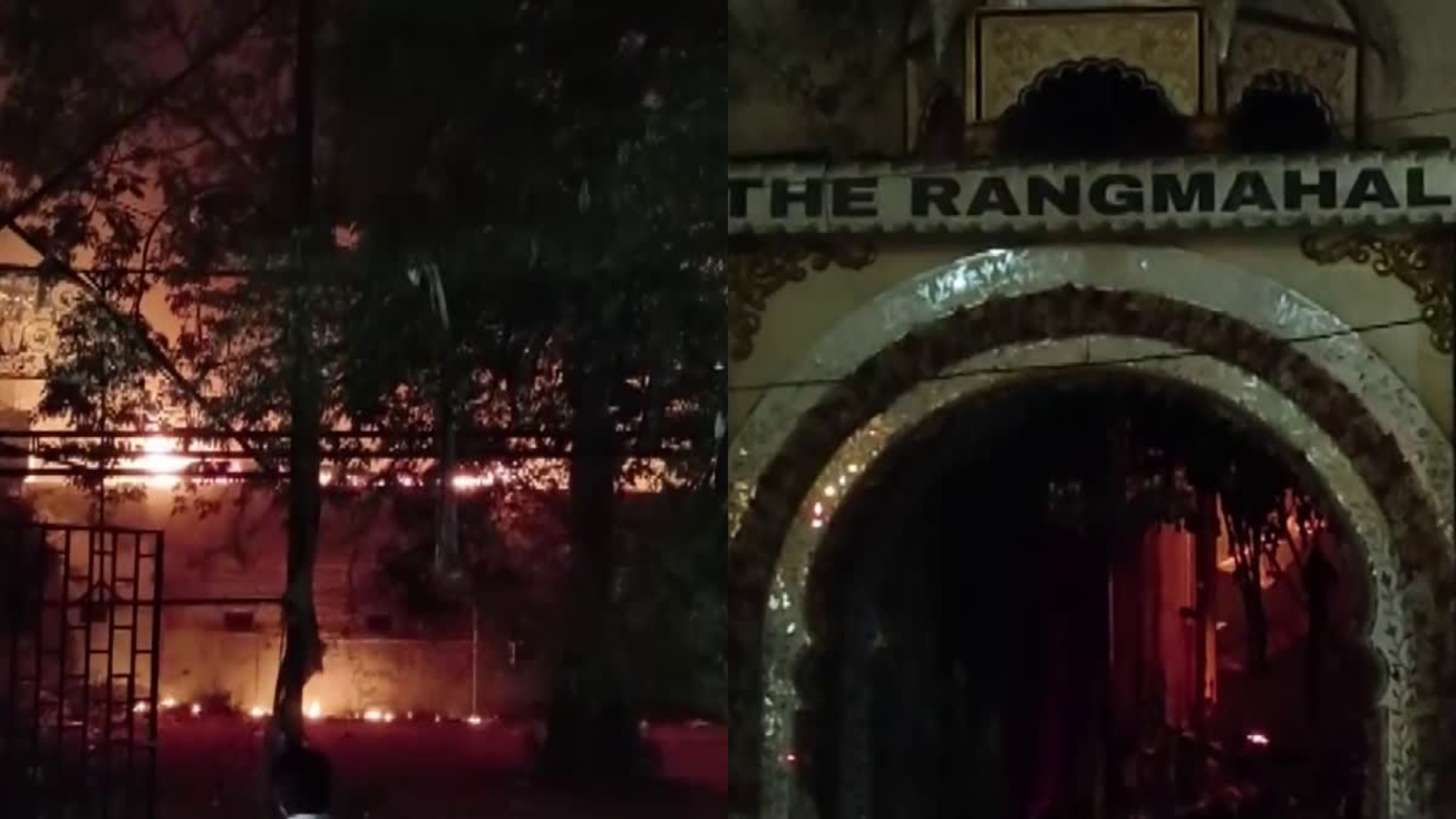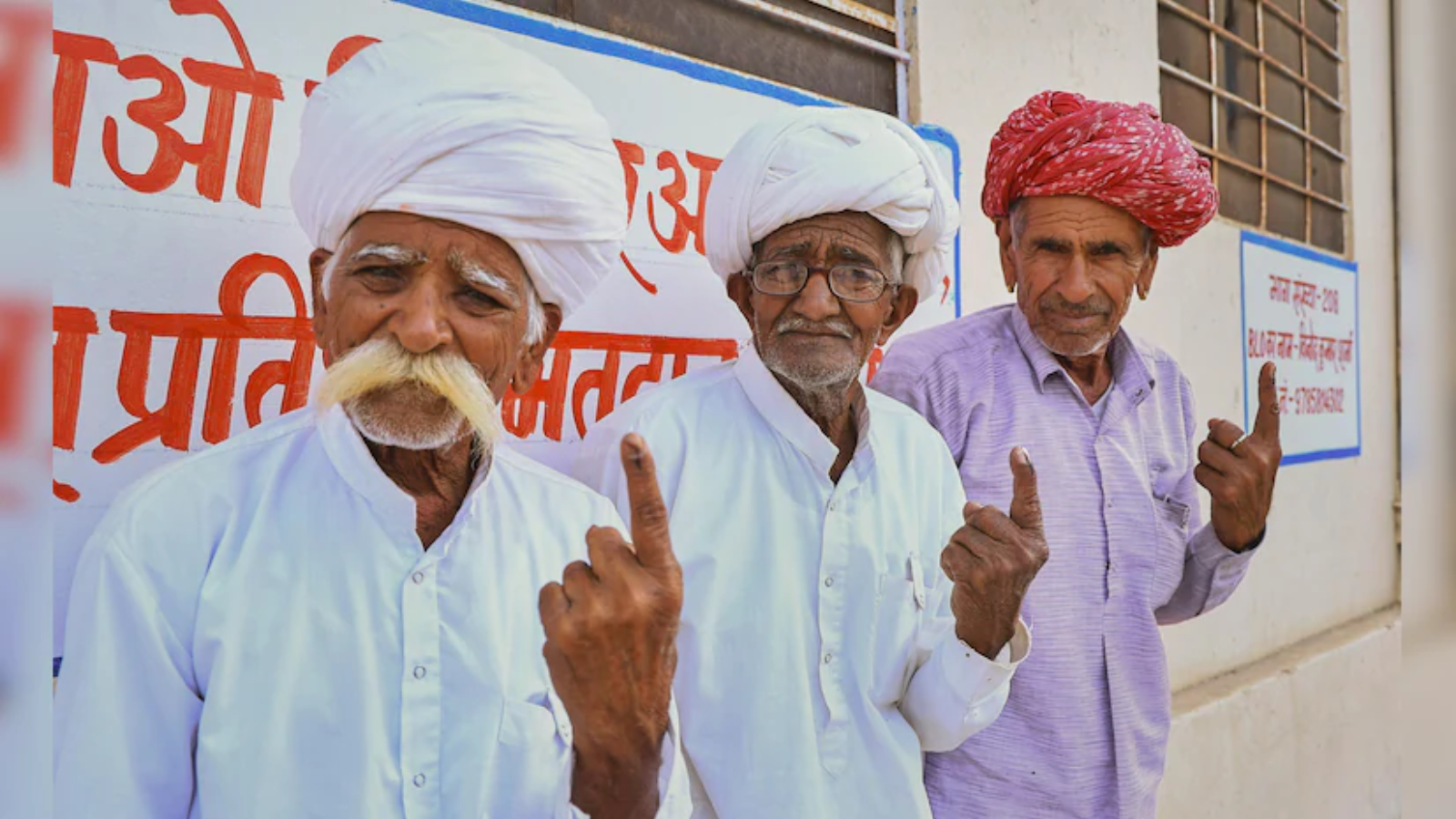


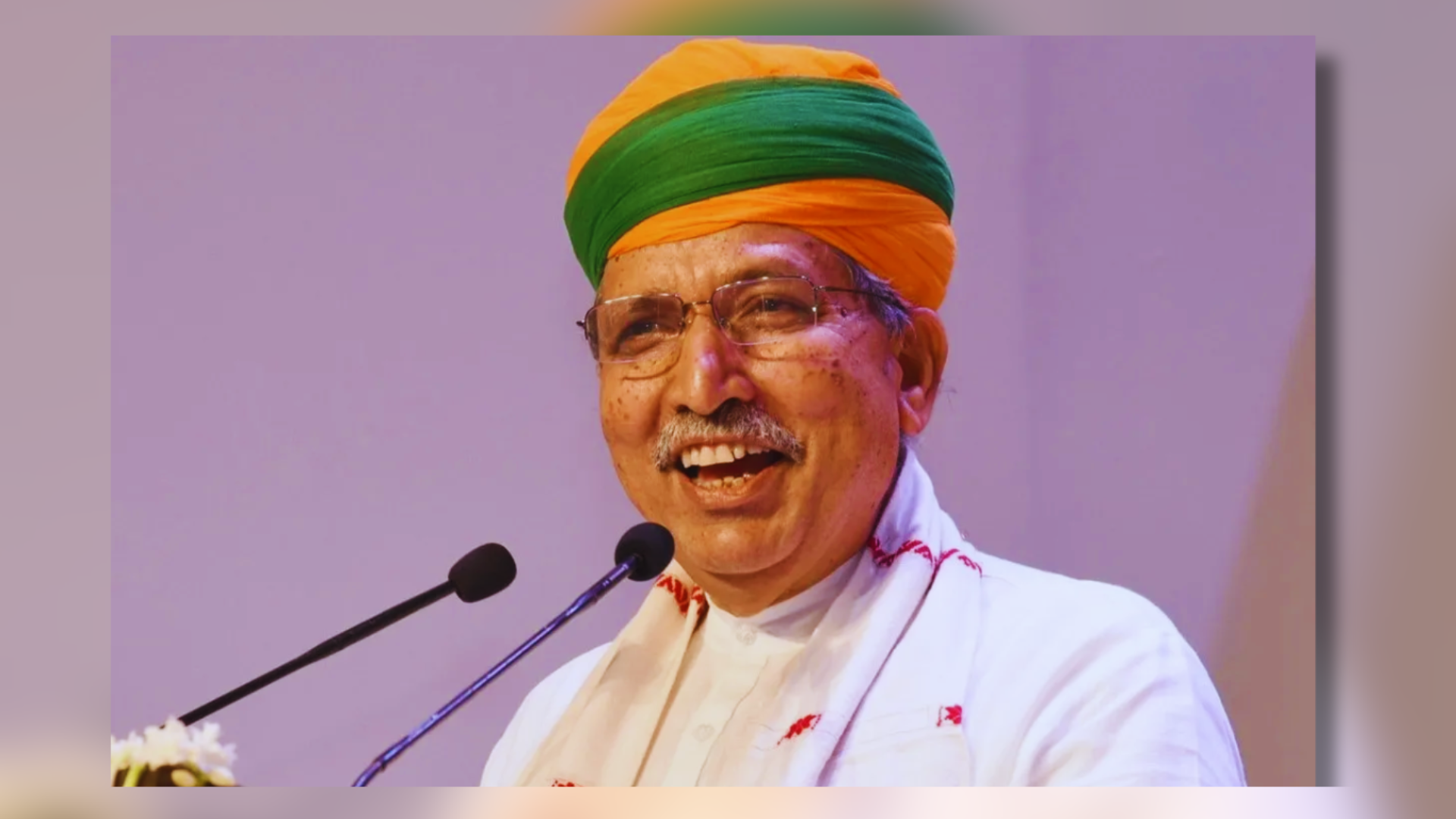
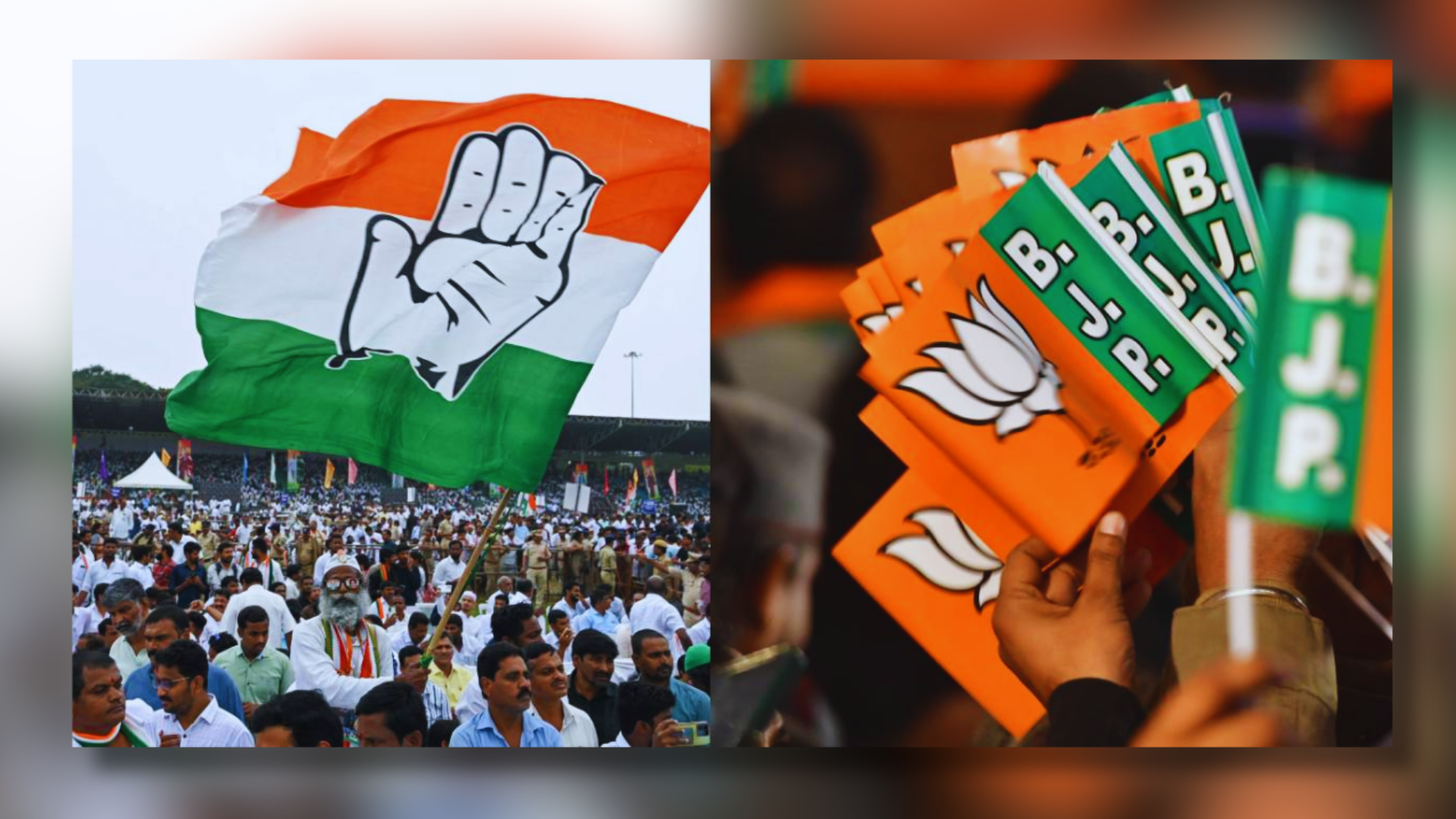
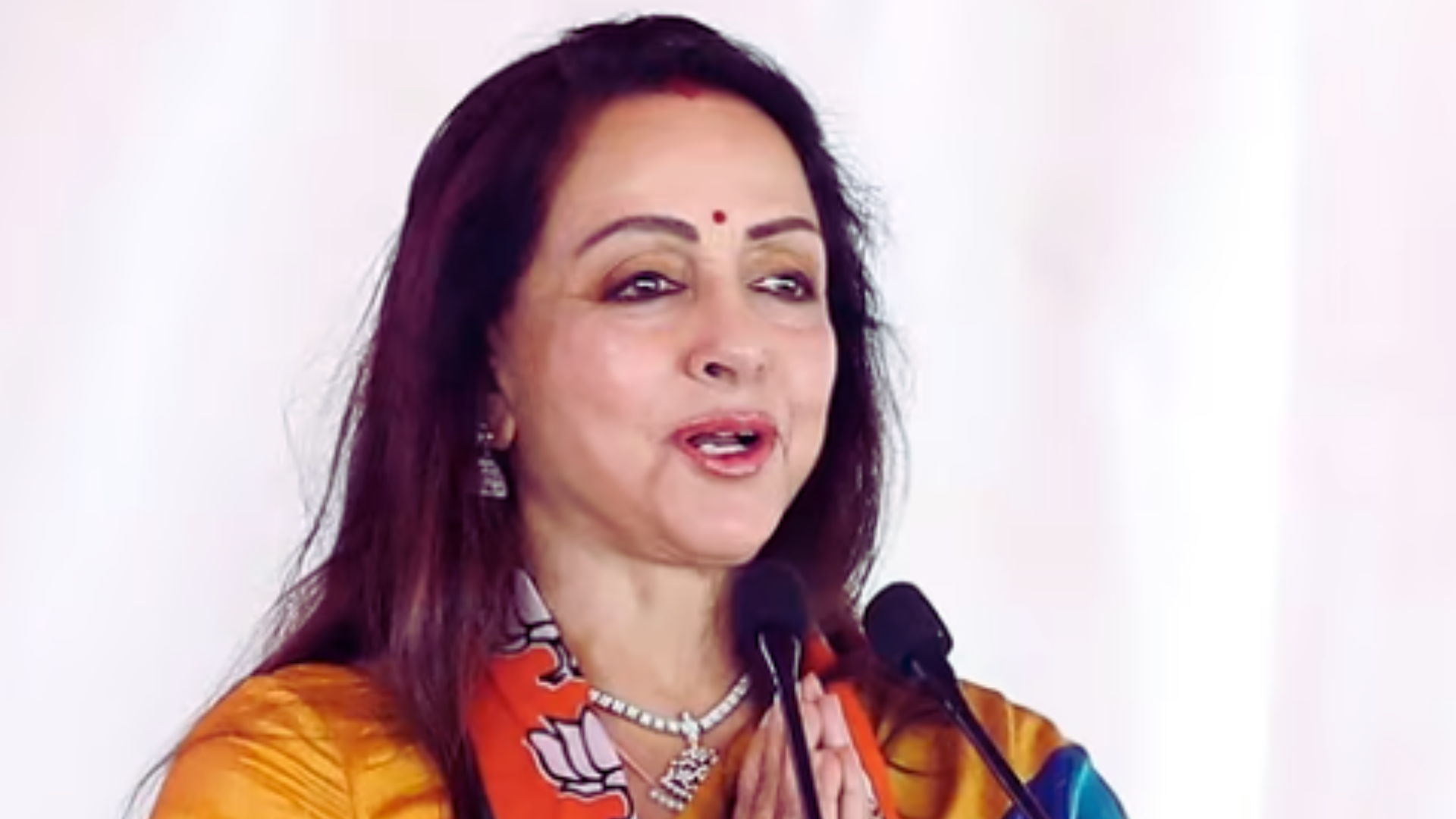

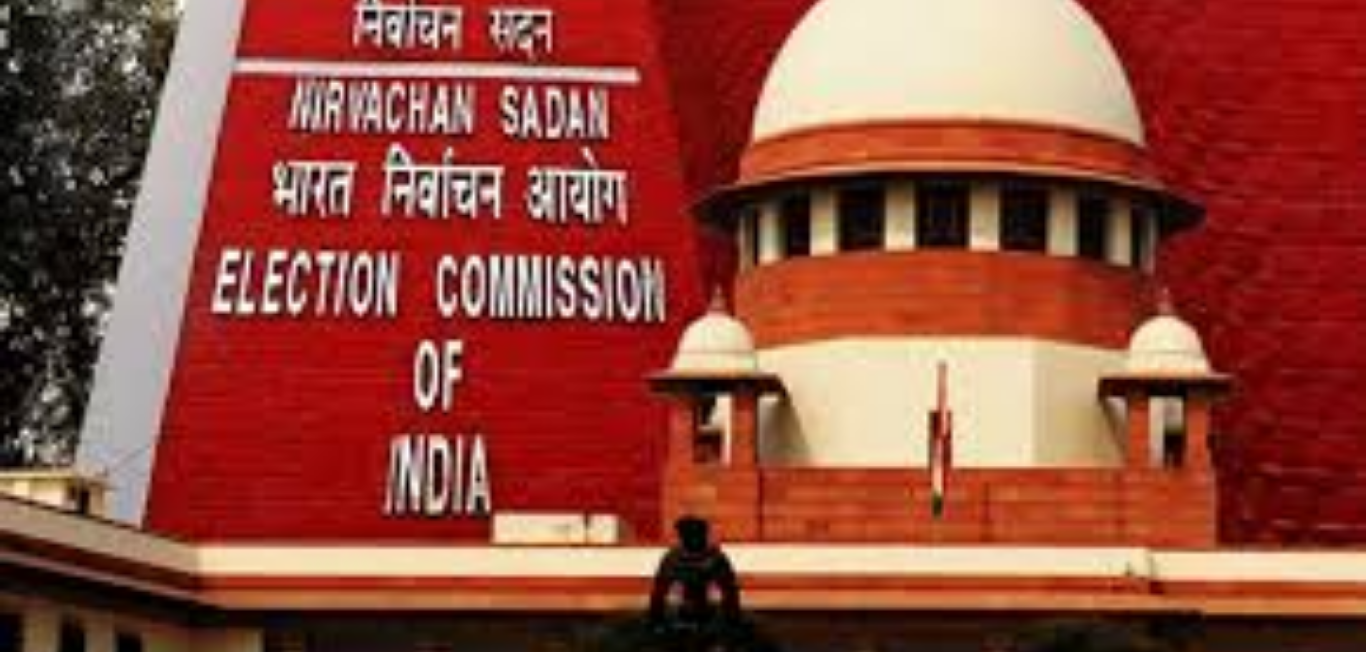
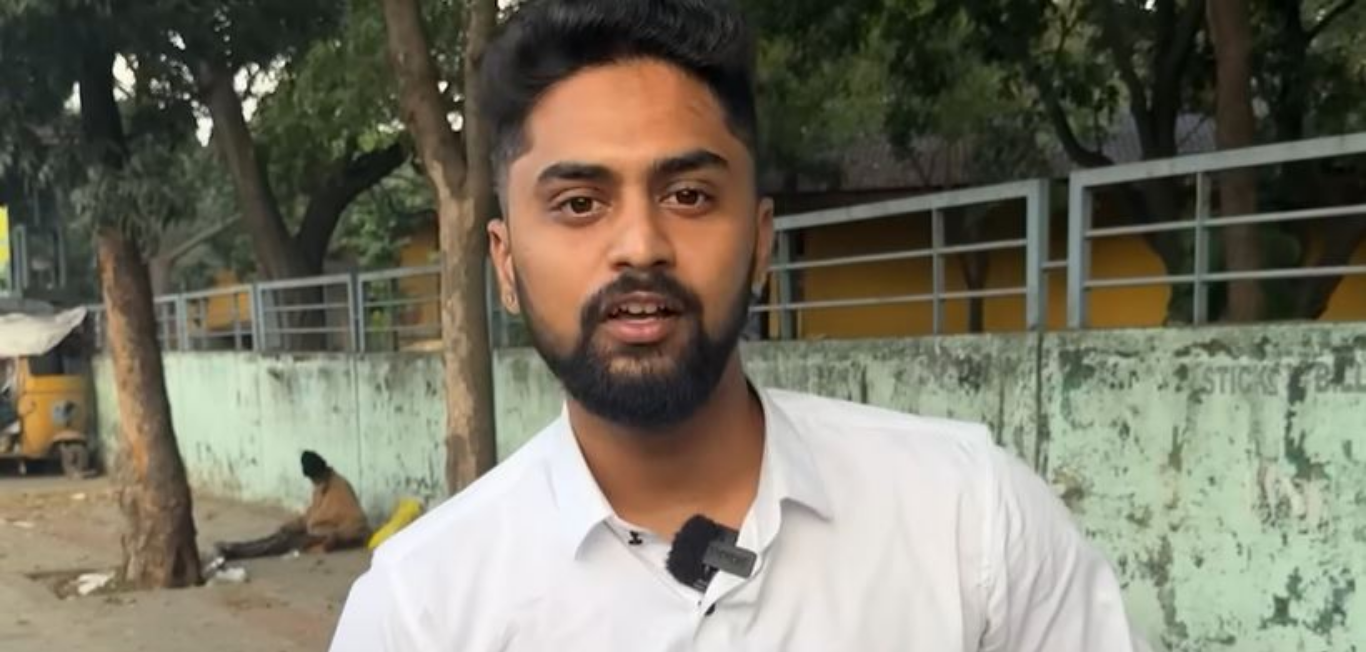


Suella Braverman found herself in a soup when she unapologetically shared ‘truths’ about “illegal immigration” from India. The Home Secretary Of the United Kingdom thought it fit to link a Free Trade Deal with the world’s fifth largest economy India, to purported large-scale illegal immigration by Indians in Britain. An open border with India is worrisome to Ms. Braverman. She emphasizes the “large Indian community overstaying their visas in the U.K” over a possible trade deal that would benefit her country headed towards early recession.
A week after making this statement that reportedly shocked India, Suella Braverman’s interview with the U.K publication ‘The Spectator’ was the cherry on the cake. Braverman has an issue with the alleged illegal immigration by Indians in the U.K, but she adores the British Crown, which overstayed its welcome in India for over 200 years.
For context, Suella Braverman has a Goan-origin father who came to Britain from Kenya and a Tamil mother from Mauritius. She’s proud that her parents moved to the U.K through legal routes. In the interview, Suella declared, “I am proud of the British Empire..It was the British Empire that brought infrastructure, the legal system, the civil service, the military to countries like Mauritius and Kenya”. Suella added that as “children of the Empire,” her parents have no qualms about extolling the virtues of the British Empire.
Let’s assume Suella Braverman has little to no connection with India, so she can comfortably ignore the barbarity of the British in the Indian subcontinent. To list a few, the loot of India’s wealth, an estimated $45 Trillion between 1765-1938, or the ruthless policies of diverting food grain from India during the second world war that resulted in the Bengal famine killing an estimated 3 million Bengalis from starvation, malnutrition, and death.
The same British Empire’s report card in Kenya & Mauritius is no different, countries from where her parents hail. A Guardian article titled “Uncovering the brutal truth about the British empire” on the Mau Mau uprising in Kenya reveals the British suppressed the rebellion by confining “1.5 million Kenyans to a network of detention camps and heavily patrolled villages.”
The history of the British Empire in Mauritius is equally dark, marred with indentured labor drawn mainly from Bihar, Uttar Pradesh, and the Southern Provinces of colonial India. A Ministry of External Affairs release titled on Indian indentured labour in Mauritius reveals, “With the abolition of slavery in 1833 in Britain and with its implementation in 1835 in Mauritius, the British turned to India to work on the sugar plantations to perpetuate their colonial domination in the hey-day of the industrial revolution and the nascent days of capitalism.”
Suella Braverman doesn’t want her skin colour to dictate her politics, and that’s her prerogative and perhaps even respect-worthy. The fact that Ms. Braverman willfully sings the praises of a monarchy built on our ancestors’ literal sweat and blood is tone-deaf and apathetic. The British brought infrastructure, railways, civil services, and the English language to colonised countries, but we’d be fools to believe the development works were for the colonised natives.
As a “white man” with the burden to uplift the “uncivilised,” the British Empire expanded mainly through a 3-pronged approach. The wealth of the colonies and its elite was used to fund passion projects (Victoria Memorial in Calcutta is a case in point) and to develop infrastructure in colonies to assist their own movement and economics. It didn’t end there, as they further enslaved people of colour not only for local labour but to hegemonise the transatlantic slave trade and earn money by supplying human labour across the world.
Without a second thought, the colonisers uprooted people of colour and shipped them to conditions worse than cattle in foreign lands. It took two World Wars to weaken the British and the west in the “third world.” Guilt and empathy did not overcome the foreign rajas. The “white man” exited the colonies only because it became economically unviable to sustain their rule.
Almost seven decades later, I’m afraid the mentality remains the same. The “white man” is no longer ruling the global south, but the superiority complex continues. My recent interaction with one of the grandchildren of the architect of New Delhi was a rude reminder of the same. As New Delhi was gearing up to inaugurate the newly built ‘Kartavya Path’ boulevard, shredding portions of our colonial past to embrace a self-reliant future, we decided to reach out to a grandchild of Sir Edward Lutyens to join us for this historic moment. I wrote a polite email asking if they would be willing to sit with us as we celebrate the journey of New Delhi, for we have no problem accepting the part Edward Lutyens played in the building of our capital city. In response, his grandchild wrote to me, “I would be delighted to join you, but I should tell you that my response would be far from celebratory. If you want me to voice a strong opinion that this is the greatest act of cultural vandalism of the 21st century and that the only sensible way to celebrate it would be to pull it down as fast as possible, then I’m your spokesperson. I decry what has been done to my grandfather’s city.”
At that moment, when I read the words ‘my grandfather’s city,’ I felt a renewed sense of assurance that the development work undertaken by our government was the right step for the future. It was our mistake that we even reached out because, for some, we still ought to be grateful for the ‘upliftment’ provided by their forefathers.
Maybe Ms. Braverman’s ancestors didn’t suffer the atrocities of the British Empire as explained above, for she did gleefully mention her great uncles and aunts serving in the Second World War. However, her attempts to whitewash the crimes of the monarchy are disrespectful to billions worldwide whose families took many generations to move up the social and economic ladder in often hostile and unwelcoming foreign lands.
Suella was born in the U.K, so her patriotic gut instinct is to place her allegiance to the Crown. It’s not unusual to assume that Ms. Braverman, like other Indian-origin foreigners, may have faced discrimination and stereotype. In most cases, this results in hyper-patriotism that tells you to back the country you desperately want to prove as yours, no matter what.
A woman of colour, now Home Secretary of the U.K, I’m sure Ms. Braverman’s patriotism is under scrutiny. However, I don’t think her comments about the British Empire are a calculated attempt to fit in. I believe Ms. Braverman truly feels what she’s said because that’s the country she was born in, and that’s the truth she knows. As a product of British education, there’s an unsurprising unawareness of present-day realities. The fact that the late Queen Elizabeth II struggled to properly apologise for the Jallianwala Bagh massacre in the over 70 years of her post-colonial rule tells how the British wish to perceive the past. Many countries continue to deal with the lingering effects of European colonisation. Time passed, and the wounds healed for many of us, but some nations were cut too deep. More than reparations, a significant part of the healing process is acknowledging past wrongdoings, which remains a bleak prospect. If Suella Braverman can’t view the British monarchy with an objective lens, then perhaps her silence would be better.

